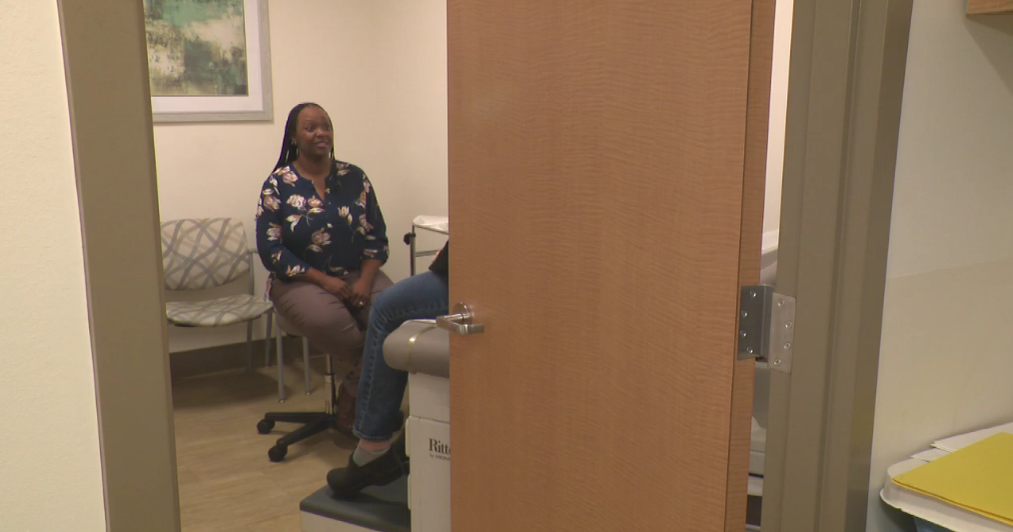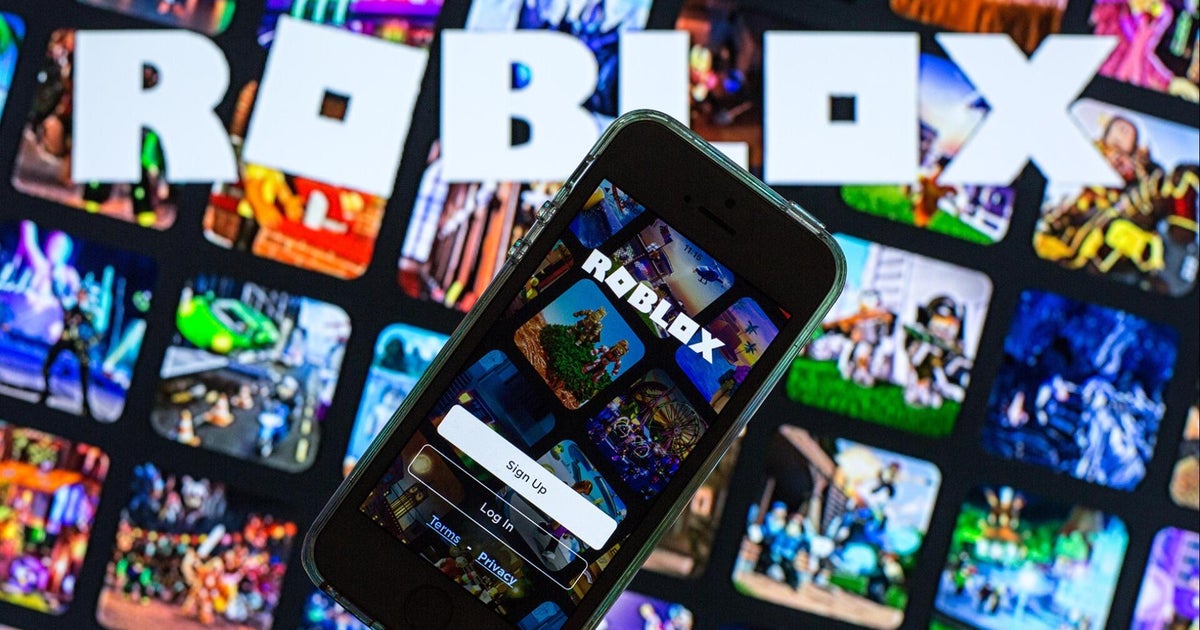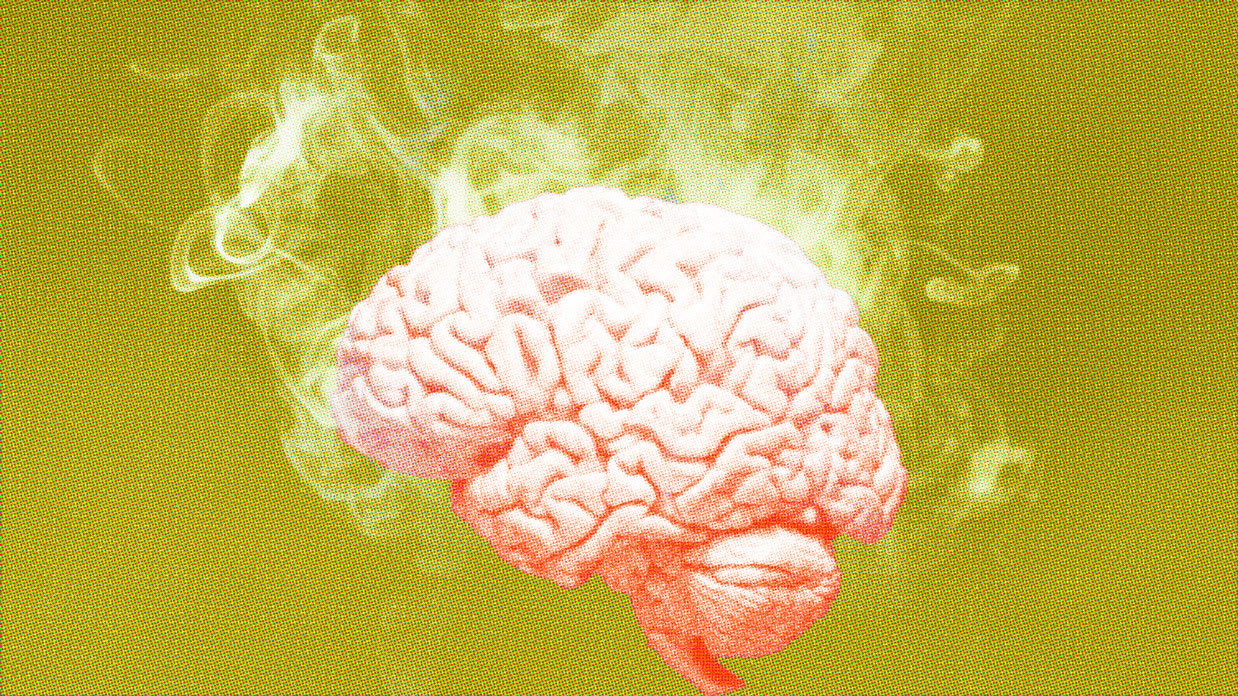Signs you need a social media break and tips for healthier usage
Open Instagram, scroll, exit, repeat. Open Facebook, scroll, exit, repeat. Open Twitter, scroll, exit, repeat. Open TikTok...
For many of us, using social media has become a reflex — something we reach for when we wake up, before going to sleep or whenever we're bored.
But research shows social media can take a toll on mental health, which is why experts advocate for a balanced relationship with our doomscrolling devices.
"Social media can be great for connecting with friends, family and your community. However, it can also leave users... vulnerable to judgments and negative comments from the public," says Melissa Dowd, licensed marriage and family therapist and therapy lead at virtual health platform PlushCare.
But how do you know when you're in need of a social media break? Experts says to look for these signs:
It makes you feel bad: Just like in-person interactions, social media can impact our emotional health, both positively and negatively.
"When we are feeling bombarded with posts, comments or conversations that are not in alignment with our morals or values, that can negatively affect our emotional well-being," Dowd says.
"If you find going on social media is making you feel down or worse than you normally feel, that's definitely a sign for a break," says Alyssa Mairanz, a licensed mental health counselor and owner of Empower Your Mind Therapy.
It becomes a comparison game: "If you notice that you're doing a lot of comparing yourself with others that you see on social media, that's another sign for a break," Mairanz says.
In a world of filters and Photoshop, the pressure to appear perfect and fit a narrow beauty standard is "higher than ever," Dowd adds.
"While it can be fun and inspiring to follow along on others' journeys, it can also lead to harsh comparisons and feelings of shame or inadequacy," she says.
It takes up all your free time: "If you find social media is distracting you from spending time with loved ones in real life or altering how you prioritize your daily plans, it might be time to take a step," Dowd suggests.
How can you have a healthier relationship with social media?
Limit your scrolling: "It's important to limit your time reading the news and scrolling through social media. These activities can become not only time consuming, but it can drain your emotional energy," Dowd says.
She recommends limiting consumption to 30 minutes in the morning and at night and prioritizing self-care during the rest of your day.
"Try turning off your notifications on your personal devices," she suggests. "You can control what and when the info comes to you."
If limiting isn't enough, try taking a break altogether. A recent study found just three days off social media led to significant improvements in body image for teenage girls, CBS News Colorado reported.
Choose who you follow wisely: "Don't be afraid to set virtual boundaries," Dowd adds. "If the person or organization isn't someone or something you would choose to spend time around or associate with in-person, then it likely isn't the healthiest 'follow' choice."
Instead, choose to follow accounts that positively add to your life.
"This could mean supporting an organization's account that you feel passionate about or following a profile that offers you healthy new perspectives, uplifting and hopeful messages, a sense of community or some much needed humor throughout the day — those are all super healthy options to go with," she says.
Remember, not everything is real: In addition to filters and misinformation, social media tends to be a "highlight reel," showing off only the positive moments or, as Dowd describes, "most favorable aspects of their lives.



